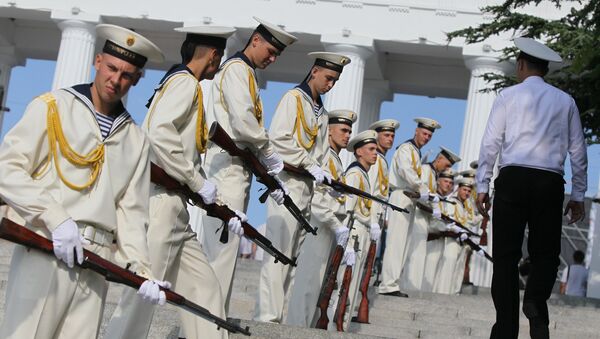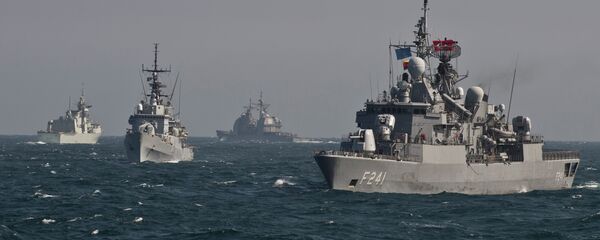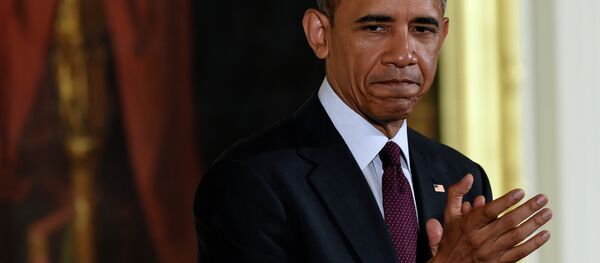Foreign Affairs, a US journal of international relations and US foreign policy, which is published by the Council on Foreign Relations, sees no way for US-Russia relations to return to normal.
Let’s have a look at what the latest edition of their policy journal has in mind for Russia.
Sanctions Not a Success? Bring On More Sanctions!
While lamenting that the current US anti-Russia sanctions have not been a success, it put forth additional ways of pressuring Moscow.
Even though acknowledging that anti-Russian sanctions failed, the outlet suggests similar, additional measures, albeit with more precise targeting.
Thus it suggests that “the first round of sanctions targeted not whole sectors of the Russian economy but key individuals responsible for the annexation of Crimea and incursion into Ukraine, blocking their ability to travel abroad and freezing their assets.”
“Many more names could be added to the lists — every parliamentarian who voted for the annexation of Crimea, for example — and the sanctions could be made broader and more draconian, complemented by a more aggressive push to punish gangsters and kleptocrats. Adding the names of spouses and children to the lists poses legal challenges, of course, but would also end an obvious loophole, as potential targets of sanctions often transfer assets to relatives.”
Europe Should Also Put a Spoke in Russia's Wheel
One of the reasons that the sanctions regime has not been more effective, it supposes, is that “Moscow believes it can easily strike back at the West, dividing the allies and undermining their will to maintain the current restrictions. So long as Moscow believes an end to sanctions is on the horizon, it will not be tempted to enact any substantive change.”
“The energy union may not exist fully until 2030, but by simply giving it priority, Europe can communicate its commitment to denying Moscow markets and options.”
“This is, after all, a war of signals and symbols as much as it is one of concrete action.”
Discrediting So-Called “Biased Media” and Cultivating a Climate of Skepticism Toward Russian Disinformation is Also on Agenda
It remains to be seen however, what “unbiased media” would be used for the purpose.
Countering Russia’s Military Force
“The West will also need to counter Russia’s political use of military force, from launching long-range bomber patrols in NATO airspace to Putin’s regular boasts about Russian nuclear capabilities.”
“Although such a move would not, on its own, defend Europe against a full-scale Russian attack, it would be a symbolic statement about the extent to which Moscow is considered a genuine threat.”
Let us not forget that "this is, after all, a war of signals and symbols as much as it is one of concrete action".
The policy of confrontation, however, seems not to be the best idea altogether. Thus the outlet suggests that "the West must balance confrontation with reassurance. After all, Russia needs support, both moral and political, as it adjusts to its new, reduced place in the global order."
"Western policy needs to be more imaginative and multi-vectored," it therefore concludes.






